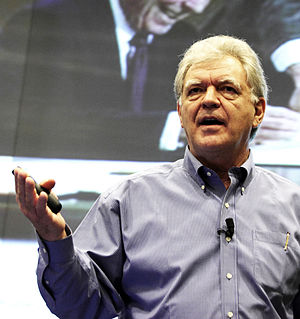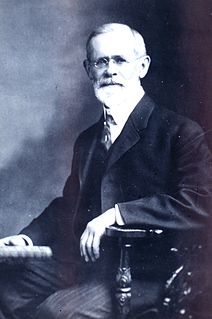A Quote by Tony Robbins
Effective leaders have the ability to consistently move themselves and others to action because they understand the “invisible forces” that shape us
Quote Topics
Related Quotes
Six traits of effective leaders: 1. Make others feel important 2. Promote a vision 3. Follow the golden rule 4. Admit mistakes 5. Criticize others only in private 6. Stay close to the action Example has more followers than reason. We unconsciously imitate what pleases us, and approximate to the characters we most admire.
An effective leader is willing to think about what's happening and how to understand what's going on. Facilitating flow and making others more conscious of it, the leader communicates an awareness of process to the group, making them more aware of their energies and options. One important principle is to keep track of who has not spoken. ... It's also important to notice when people do speak out but are not heard. Effective leaders practice patience, reminding themselves to wait and observe, remembering that there's always more going on in a group than we're consciously aware of.
A hallmark of high performance leaders is the ability to influence others through all levels and types of communication, from simple interactions to difficult conversations and more complex conflicts, in order to achieve greater team and organizational alignment. High performing leaders are able to unite diverse team members by building common goals and even shared emotions by engaging in powerful and effective dialogue.
I think the primary gift of the animal is offered to writer and non-writer alike; they teach us about love, or attunement, which is love in action. A lot of people have closer relationships with animals than they do with other humans, because real intimacy requires both parties to consistently lean in, and animals are so good at this. They remain consistently, amazingly attuned to us, even when we fail them, and so we stay present, because we sense we're safe.

































